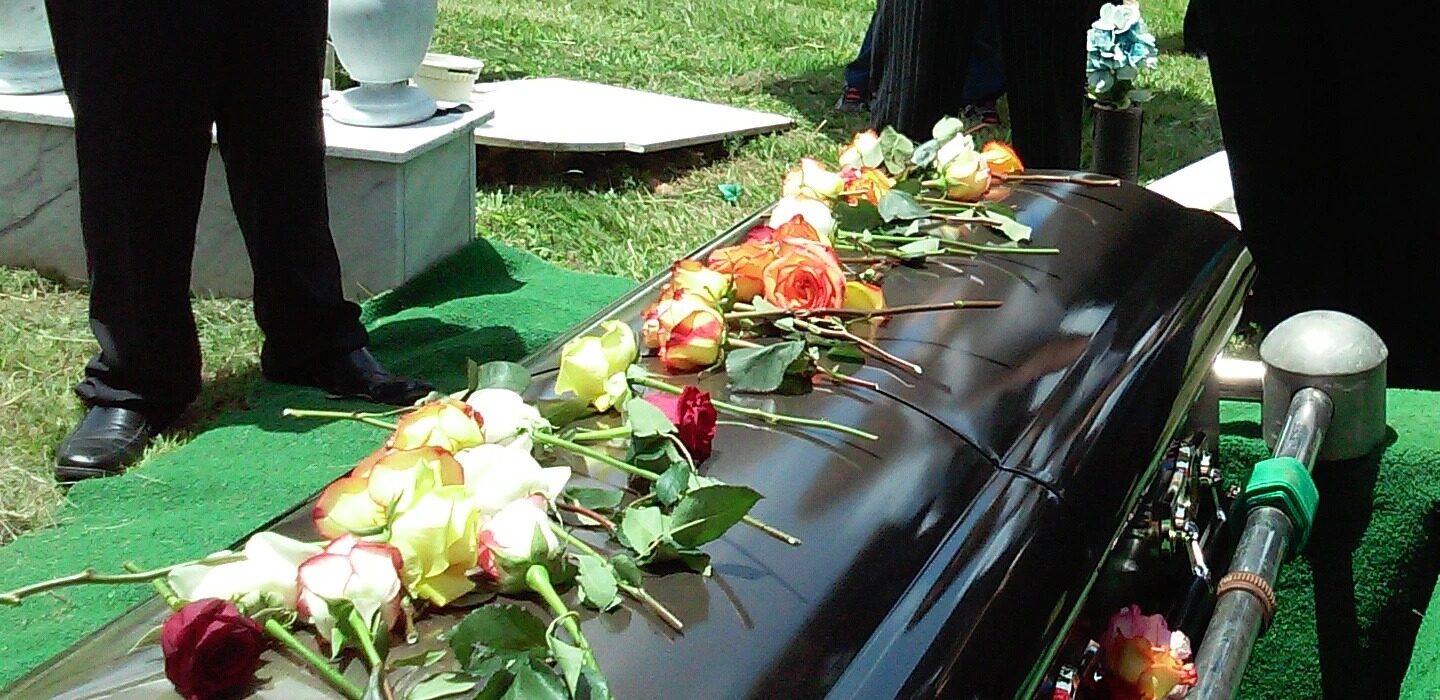Estate planning comes in all shapes and sizes. It includes updating beneficiary designations on financial accounts and insurance policies, adding joint owners to accounts, and gifting personal property items during one’s life. Estate planning is about maximizing the financial benefit for your heirs and ensuring smooth and simple transfers of property. Oftentimes avoiding probate means keeping transfers smooth and minimizing the costs and time involved in facilitating a transfer.
For many families, real estate is among the largest, if not the largest, asset to move in an estate. You can designate a beneficiary for your real estate using a traditional will, which means the property passes through probate. In probate, your personal representative (or “executor”) collects the assets of the estate and distributes them according to your wishes. The process involves attending an appointment at the probate office, payment of fees, and ongoing reporting requirements to the court. But Virginia has a better alternative: the transfer on death deed.
How Does It Work?
A transfer on death deed operates exactly the way it sounds. During the grantor’s life, there is no transfer or gift of the property. The deed is recorded during the grantor’s life but only goes into effect upon their death. Once the grantor passes, ownership of the real estate automatically transfers to the designated beneficiary, outside of any trust, will, or intestate probate process.
Just like utilizing your beneficiary designations on retirement, investment, and other financial accounts, use of a transfer on death deed means a smoother transition for your beneficiaries and less red tape from the court and probate process.
When ownership in the real estate transfers, the new owner can immediately list the property for sale, rent, or take any other action necessary to preserve the asset for the future.
Schedule your free meeting with our team today to see if our Lawyers can help you.
Statutory Authority
The authority for a transfer on death deed has only been around since 2013 in Virginia. They are governed by the Uniform Real Property Transfer on Death Act (URPTODA), and codified in Virginia Code Section 64.2-621.
Specifics
The grantor is responsible for preparing and filing the transfer on death deed with land records during his or her life. They can choose one or more beneficiaries, and even joint beneficiaries to receive the property after death. A transfer on death deed is always revocable during the life of the grantor, but the revocation has to be in writing and recorded with land records in order to be effective. These transfers are considered “nontestamentary,” i.e. not subject to probate or modifiable by a will. The formalities are listed in detail in Virginia Code Section 64.2-628:
1. Except as otherwise provided in subdivision 2, shall contain the essential elements and formalities of a properly recordable inter vivos deed;
2. Shall state that the transfer to the designated beneficiary is to occur at the transferor’s death;
3. Shall be recorded before the transferor’s death in the land records of the clerk’s office of the circuit court in the jurisdiction where the property is located;
4. Shall comply with the requirements for recordation set forth in Chapter 6 (§ 55.1-600 et seq.) of Title 55.1 and shall be indexed by the clerk of court under the name of the transferor as grantor;
5. Unless the transfer is for consideration, shall be exempt from recordation tax as provided by subsection J of § 58.1-811;
6. For property owned by joint owners to be effective, shall be executed by all joint owners; and
7. Shall be considered a deed for purposes of complying with the requirements of § 17.1-223.
A transfer on death deed can be an invaluable tool in your estate plan and often costs significantly less than other methods for avoiding probate.
About Melone Hatley
Melone Hatley is an estate firm serving Virginia Beach and Northern Virginia. Our philosophy is to provide all of our clients with the highest quality legal representation, innovative legal solutions, and unsurpassed dedication to customer service. Through our high standards, we strive to be a trusted resource to our clients.We know from experience that a successful attorney-client relationship depends on our ability to understand your needs and objectives. For more information about transfer on death deeds and estate planning, contact our Reston office today at 703-995-9900 or Virginia Beach at 757-296-0580 or reach us through our online form.
Schedule a call with one of our client services coordinators today.



